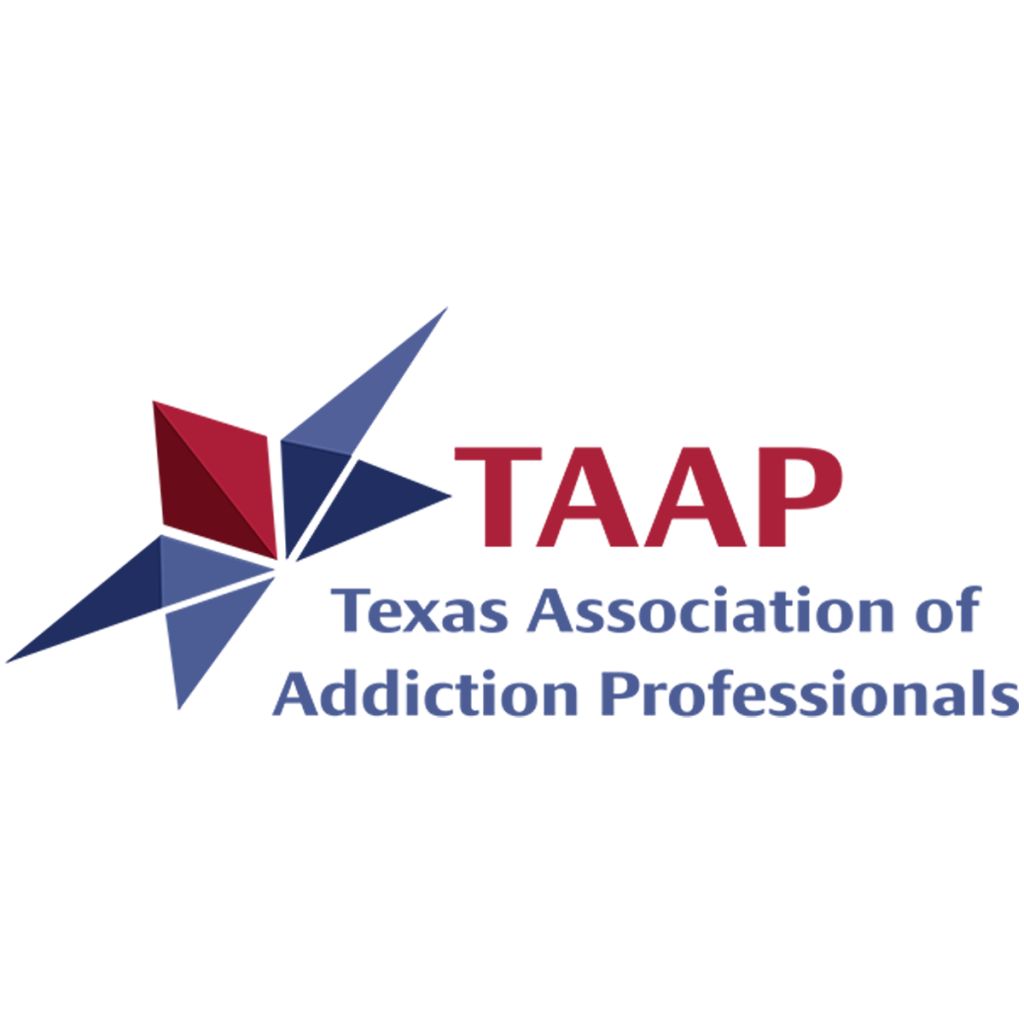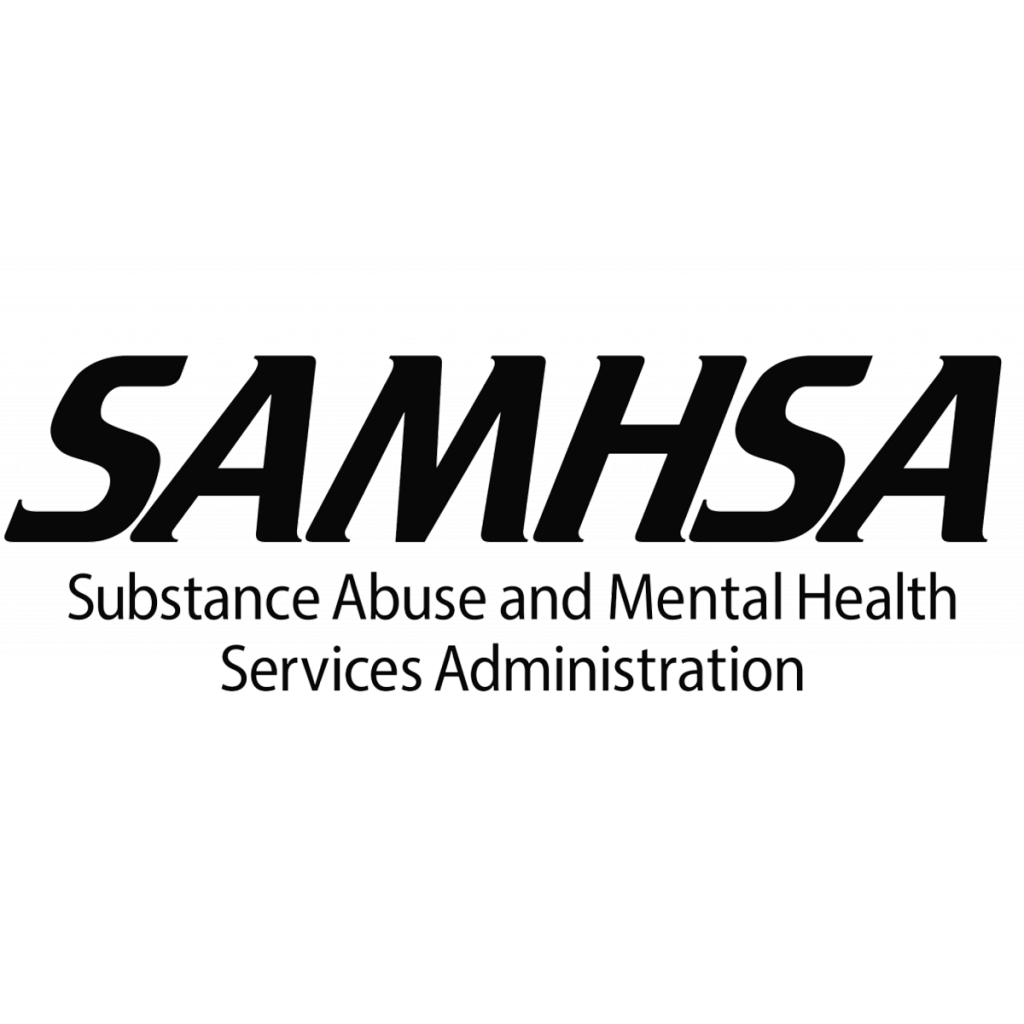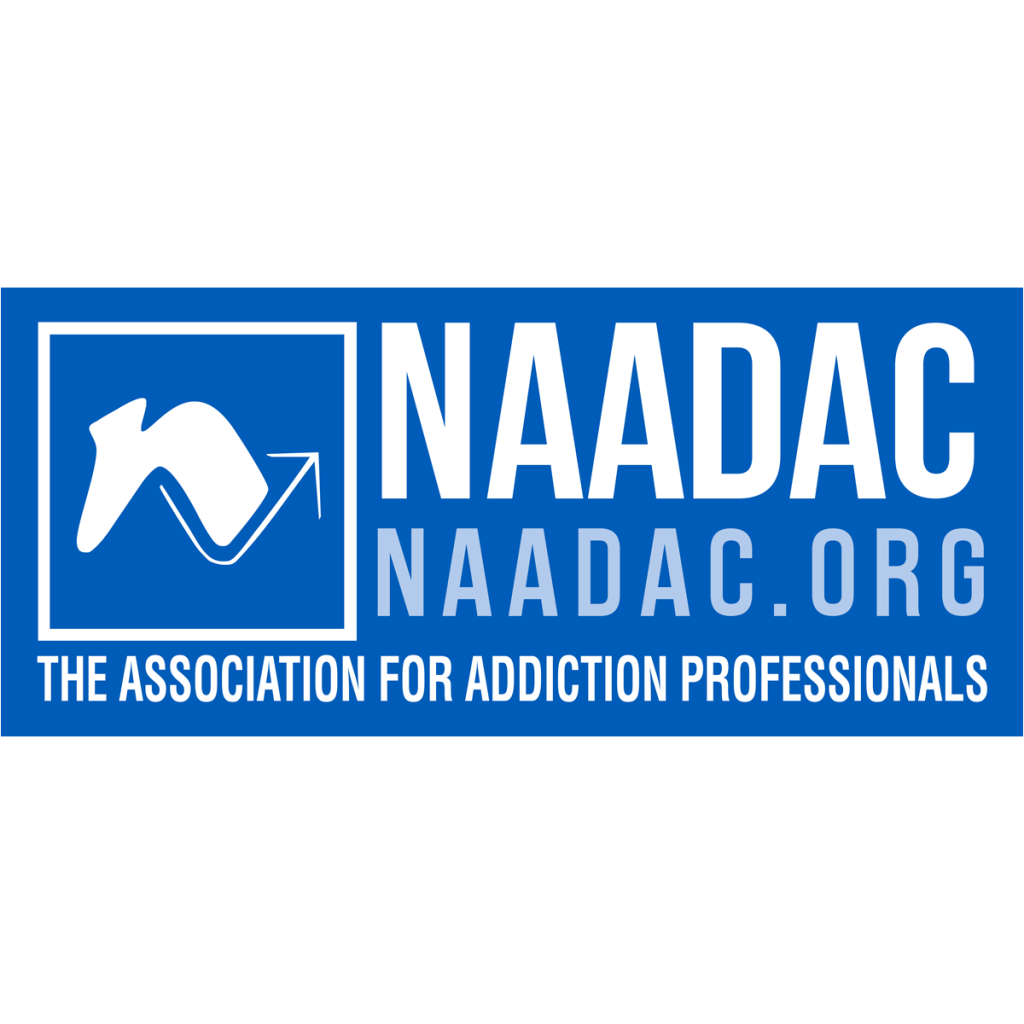Prozac Addiction: Symptoms, Detox, and Treatment Options
GET HELP TODAY!
100% Confidentiality Guaranteed


What is Prozac?
Prozac is an antidepressant and the brand name for the drug fluoxetine. Available only by prescription, it is FDA-approved to treat depression, bulimia, panic disorder, and obsessive-compulsive disorder (OCD).
As a selective serotonin reuptake inhibitor (SSRI), Prozac helps balance brain chemicals by blocking the reabsorption of serotonin. This often leads to a more stable and positive mood. When used as directed by a doctor, Prozac can help improve sleep, appetite, and energy. It can also reduce feelings of depression, fear, and anxiety.
Doctors prescribe Prozac to both adults and children over 10 years old. It comes in liquid, tablet, and capsule forms, including delayed-release and long-acting options. While popular in the United States, other medications are also effective for treating similar mental health and medical conditions.
Long-Term Risks and Dependence
However, long-term SSRI use can cause side effects. Medications such as Cymbalta, Trazodone, Zoloft, and Wellbutrin carry similar risks.
Prozac is not chemically addictive. However, it can cause psychological dependence. This is especially true for people with a history of substance abuse or suicidal thoughts.
Other brand names for fluoxetine include:
- Sarafem
- Selfemra
- Prozac Weekly
Freedom Starts Here. Take Back Your Life Today.
Same-Day Admissions in Austin Available.
Is Prozac Good For Anxiety?
Yes, doctors commonly prescribe Prozac for anxiety. As an SSRI, it helps the brain maintain serotonin levels, which improves communication between brain cells. This process can reduce anxiety symptoms. Studies show that Prozac treatment, combined with cognitive behavioral therapy (CBT), is highly effective in managing anxiety.
Slang for Prozac
- Wonder drug
- Miracle drug
- Happy pills
- Bottled smiles
How Common Is Prozac Addiction?
Introduced in 1986, Prozac has become one of the most prescribed antidepressants worldwide. Over 54 million people have used it. Despite its success, some misuse the drug to cope with personal challenges instead of diagnosed mental health conditions. This misuse increases the risk of psychological addiction.
Individuals may misuse Prozac believing it helps with sleep, weight loss, or emotional stress. According to the National Institute on Drug Abuse, over 15 million Americans misuse prescription drugs each year. Thousands of adolescents and adults abuse Prozac and similar medications regularly.
Examples of Prozac abuse include:
- Taking it with alcohol or other drugs
- Using someone else’s prescription
- Visiting multiple doctors for more prescriptions
- Taking higher doses than prescribed
- Using it as a quick fix for life’s problems
These actions can be life threatening and require immediate attention from healthcare professionals or a licensed medical professional.
What Are the Side Effects of Prozac Abuse?
Misusing Prozac can result in serious side effects, such as:
- Low sex drive
- Dry mouth
- Excessive drowsiness
- Nausea
- Loss of appetite
- Nervousness
- Tremors
- Heavy sweating
What Are the Signs and Symptoms of Prozac Addiction?
People with a history of substance abuse are at a higher risk of addiction. This includes those with disorders like bipolar disorder or eating disorders. Signs of psychological dependence may include:
- Irritability or aggression
- Trouble sleeping
- Anxiety or paranoia
- Confusion or hallucinations
- Psychosis
- Suicidal thoughts or behavior
Behavioral signs of addiction can include:
- Skipping work or school
- Financial problems
- Withdrawing from family or support groups
- Losing interest in hobbies or social interaction
Prozac Detox and Withdrawal
Using Prozac long-term can lead to dependence. Quitting suddenly may cause withdrawal symptoms. That’s why medical professionals should always manage withdrawal to lower the increased risk of complications.
Prozac Withdrawal Symptoms
Symptoms can be challenging, especially for those on high doses or who have used Prozac for an extended period. Common withdrawal symptoms include:
- Dizziness
- Confusion
- Mood swings
- Headaches
- Fatigue
- Memory problems
- Nausea
- Muscle pain
These symptoms are part of the prozac withdrawal timeline. If you have used the drug for a long time and at a high dose, you might feel withdrawal symptoms. These symptoms can start within days or even weeks after you stop using the drug.
Can You Just Stop Taking Prozac?
No, stopping Prozac suddenly is not safe. Doctors recommend slowly tapering off the drug to avoid severe side effects. Getting help through a detox center ensures the process is safer and more comfortable.
Prozac Detox Treatment
Detox programs often include medical supervision, therapy, and support. Intensive outpatient programs (IOP) or residential programs provide safe environments for learning new coping strategies. These programs are vital for treating both abuse and mental health issues.
More Time. More Joy. More You. Start Now.
WE ACCEPT MOST INSURANCES







Inpatient Drug Rehab vs. Outpatient Drug Rehab
Inpatient drug rehab offers around-the-clock care at a treatment facility. Ideal for individuals with severe symptoms. Outpatient drug rehab lets people live at home while attending scheduled therapy sessions. Both outpatient rehab programs and inpatient care can be effective, depending on the individual’s level of need.
Treatment for Prozac Addiction
Effective addiction recovery requires more than detox. Comprehensive drug rehab programs also focus on behavioral health and long term recovery. Key treatment options include:
- One-on-one counseling
- Group therapy sessions
- Educational classes
- Relapse prevention plans
- Custom treatment plans
Recovery Process and Continued Care
Recovery doesn’t stop after detox. Ongoing care helps prevent relapse and provides lasting support. Continuing care may involve:
- Sober living programs
- Weekly aftercare meetings
- Peer-led support groups
Sober living programs offer stable, drug-free housing. Residents attend house meetings, follow rules, and may receive help with work or education. Many programs work alongside outpatient treatment programs to strengthen recovery outcomes.
Aftercare Programs
Aftercare provides weekly support meetings and access to mental health professionals. This long-term support reduces relapse risk and helps people stay on track.
If you or a loved one is struggling with a health issue linked to Prozac misuse, seek medical care right away. Addiction treatment programs focus on behavioral health, emotional support, and physical well-being. Many include access to different types of drugs treatments tailored to individual needs.
Call Nova Recovery Center today. Start your recovery journey with a trusted drug rehab program. Our program uses proven Prozac treatment and effective addiction recovery practices.





